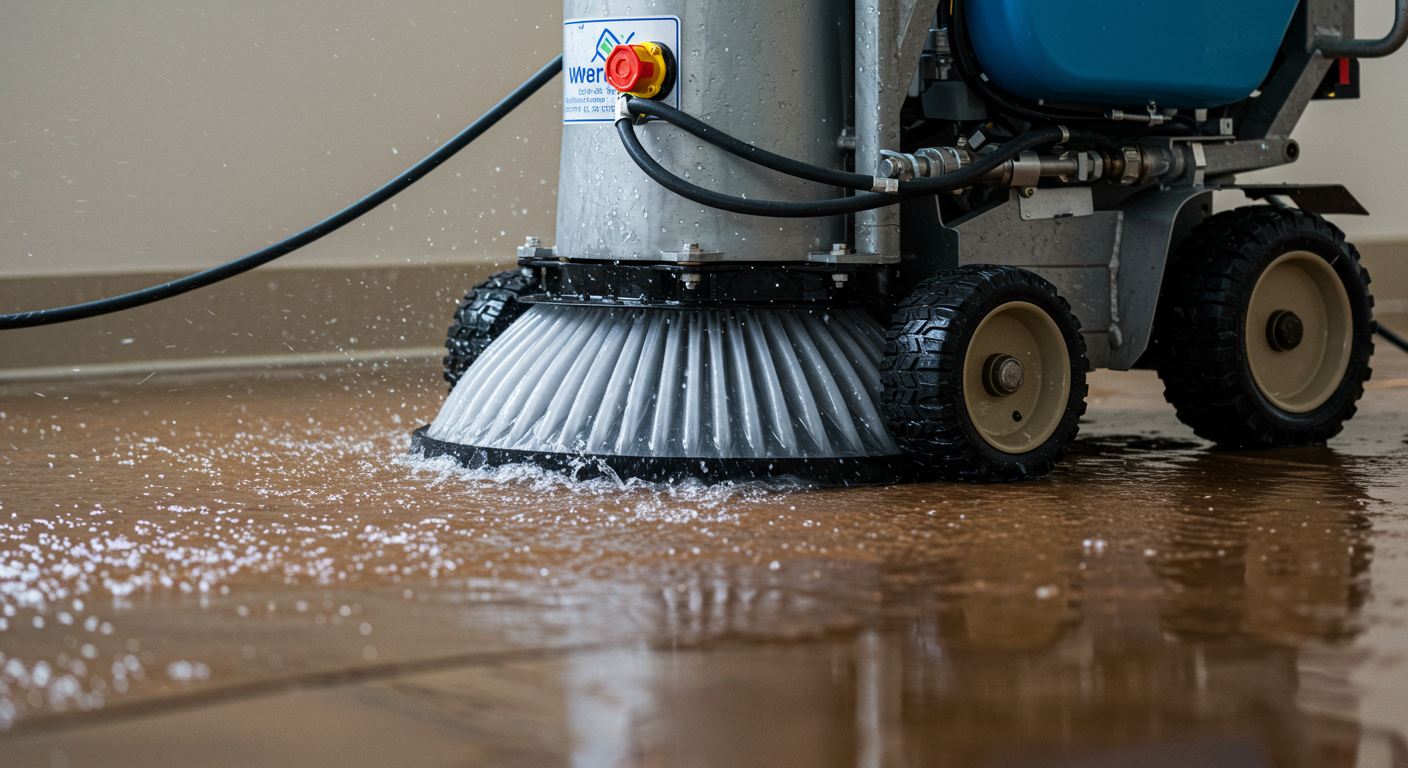Water damage can strike unexpectedly, leaving homeowners and businesses in distress. Whether caused by natural disasters, plumbing issues, or structural problems, addressing water damage promptly is crucial to prevent further complications. In Philadelphia, PA, professional water removal services offer the expertise and technology needed to restore your property efficiently. This article delves into the causes of water damage, the importance of professional services, and tips to prevent future issues.
Understanding Water Damage: Causes and Consequences
Water damage can range from minor leaks to catastrophic flooding, each with its unique challenges. Understanding the causes and consequences of water damage is the first step in addressing the issue effectively.
Types of Water Damage: Clean, Grey, and Black Water
- Clean Water: Originates from sources like broken pipes or rainwater. It poses minimal health risks if addressed promptly.
- Grey Water: Contains contaminants from appliances like dishwashers or washing machines. It requires professional cleaning to prevent health hazards.
- Black Water: Highly contaminated water from sewage or flooding. It poses significant health risks and demands immediate professional intervention.
Common Causes of Water Damage in Philadelphia
Philadelphia’s climate and infrastructure contribute to various water damage scenarios:
- Heavy Rainfall and Flooding: Seasonal storms can overwhelm drainage systems, leading to basement flooding.
- Aging Plumbing Systems: Older homes in Philadelphia often face pipe leaks or bursts.
- Roof Leaks: Damaged roofs allow water to seep into the structure, causing extensive damage over time.
Why Choose Professional Water Removal Services?
While DIY solutions may seem cost-effective, professional water removal services offer unparalleled benefits. Their expertise ensures thorough restoration and minimizes long-term damage.
Benefits of Hiring Experts for Water Damage Restoration
- Comprehensive Assessment: Professionals identify hidden damage, such as mold growth or structural weakening.
- Efficient Water Extraction: Advanced equipment removes water quickly, reducing the risk of further damage.
- Health and Safety: Experts handle contaminated water safely, preventing exposure to harmful pathogens.
The Importance of Quick Response and Assessment
Time is critical in water damage restoration. Delayed action can lead to:
- Mold growth within 24-48 hours.
- Structural damage that compromises the integrity of your property.
- Increased restoration costs due to extensive repairs.
Hiring a professional team ensures a swift response, mitigating these risks and restoring your property efficiently.
Our Comprehensive Water Removal Process
Professional water removal services follow a systematic approach to ensure thorough restoration. Here’s what you can expect from our process:
Step-by-Step Water Damage Restoration
- Inspection and Assessment: Identifying the extent of damage and developing a tailored restoration plan.
- Water Extraction: Using industrial-grade pumps and vacuums to remove standing water.
- Drying and Dehumidification: Eliminating moisture with specialized equipment to prevent mold growth.
- Cleaning and Sanitizing: Disinfecting affected areas to ensure a safe environment.
- Restoration: Repairing or replacing damaged structures to restore your property to its pre-damage state.
Advanced Techniques and Equipment Used
Modern technology enhances the efficiency of water removal services:
- Moisture Meters: Detect hidden moisture in walls and floors.
- Infrared Cameras: Identify water intrusion areas without invasive methods.
- High-Powered Fans and Dehumidifiers: Accelerate drying and prevent mold growth.

Preventing Future Water Damage: Tips for Homeowners
Prevention is always better than cure. By taking proactive measures, homeowners can reduce the risk of water damage and protect their property.
Recognizing Early Signs of Water Damage
Early detection can save you from costly repairs. Look out for:
- Water Stains: Discolored patches on walls or ceilings.
- Musty Odors: A sign of hidden mold growth.
- Peeling Paint or Wallpaper: Indicates moisture behind surfaces.
Addressing these signs promptly can prevent minor issues from escalating into major problems.
Maintenance Tips to Avoid Flooding and Leaks
- Inspect Gutters and Downspouts: Ensure they are clear of debris to prevent water overflow.
- Seal Cracks and Gaps: Use waterproof sealants on windows, doors, and foundations.
- Install a Sump Pump: A reliable sump pump can prevent basement flooding during heavy rains.
- Regular Plumbing Checks: Schedule routine inspections to identify and fix potential leaks.
For more insights on restoration services, check out our comprehensive clean restoration services in Allentown, PA.
Water damage can be overwhelming, but with the right expertise and preventive measures, you can safeguard your property. Professional water removal services in Philadelphia, PA, provide the support you need to restore your home or business efficiently. Don’t wait for water damage to worsen—act promptly and rely on experts to handle the job. For more information on related services, explore our 24/7 water extraction services in Philadelphia, PA.


